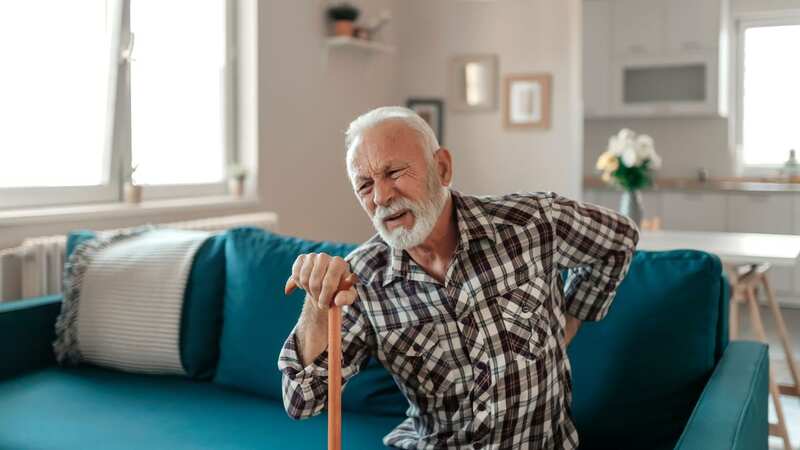'Exciting new 12-week programme gives real boost to older people with bad backs'

Back pain blights the lives of many people, especially as they get older. So I’m delighted to hear about BOOST – Better Outcomes for Older people with Spinal Trouble – one of the most joined-up projects I’ve come across recently.
Exeter University is working with the NHS and others to broaden access to this rehabilitation programme for older people with lumbar spinal stenosis, known as LSS.
What is LSS?
Well, within the spine, the spinal cord runs through a central tunnel – the canal. With age, the spinal canal narrows, called spinal stenosis.
For some people, this narrowing can irritate nerve roots, causing pain and other symptoms in the lower back, buttocks and legs.
 Teachers, civil servants and train drivers walk out in biggest strike in decade
Teachers, civil servants and train drivers walk out in biggest strike in decade
It’s common, with one in 10 people affected, and can have a significant impact on a person’s ability to walk, stand and go about everyday life.
BOOST is a 12-week programme for people over 65 with LSS. It offers them group education, strengthening exercises and supervised walking.
It’s already been shown in a trial by the universities of Oxford and Exeter to improve walking and general physical function, and to lower the risk of falling by 40%.
Dr Helen Richmond-Davies, of the University of Exeter, who is leading the study, said: “Lumbar spinal stenosis can have a huge impact on people’s quality of life both physically and mentally, and having access to a programme like BOOST could really change lives.”
The researchers are spreading their net wide to include a community of physiotherapists, service managers and patients to work towards improving the programme. They’ve also developed a digital training resource to provide doctors with the knowledge, skills, and support to deliver BOOST in their own practice.
Their hope is that this improved access across the community will mean BOOST reaches the people who need it.
Two studies are being carried out. The first aims to evaluate a refined BOOST programme.
To do this, researchers will collect data from patients before they start it and again after six months.
They will measure pain-related disability, quality of life, walking capacity and satisfaction.
They will also interview the health professionals delivering it to understand their experiences.
 Greggs, Costa & Pret coffees have 'huge differences in caffeine', says report
Greggs, Costa & Pret coffees have 'huge differences in caffeine', says report
In the second study, researchers will evaluate the digital training resource – how well people are learning from, and satisfied with, the training.
Who hasn’t got back trouble?
These studies will help enormously, especially the old. But eventually they could benefit all ages too.
Read more similar news:
Comments:
comments powered by Disqus

































